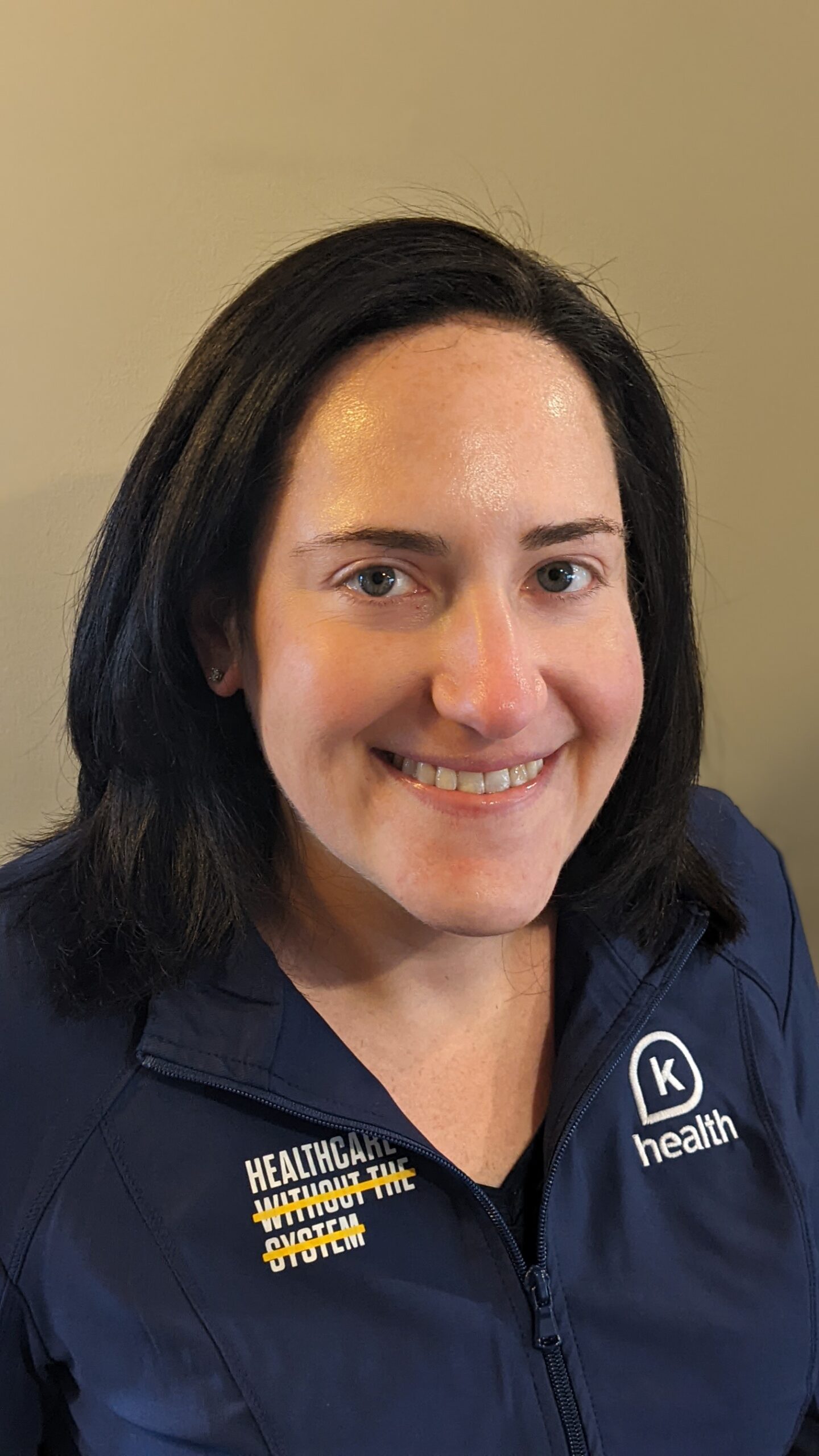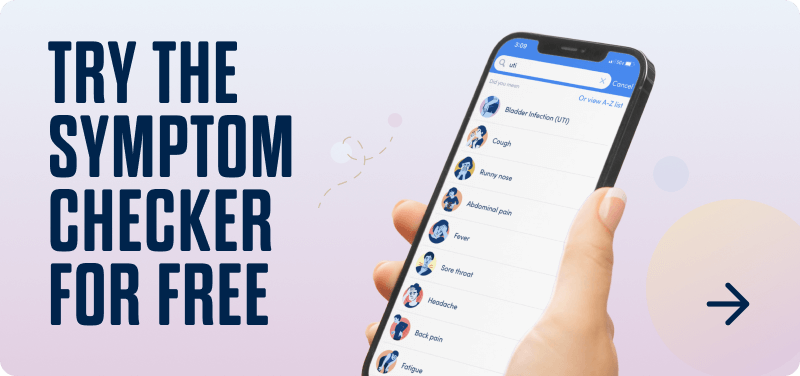People who have type 2 diabetes need to be aware of how drinks can affect their blood sugar levels. Certain beverages can increase glucose. Luckily, there are plenty of tasty drinks that people living with diabetes can enjoy.
In this article, we’ll explore the best and worst drinks for diabetes and how to make the best choices for supporting balanced blood sugar.
Best Drinks for Diabetes
If you have type 2 diabetes, staying hydrated can help support healthy blood glucose levels. However, some beverages make it harder to control blood sugar. The following are the best drinks to enjoy if you have type 2 diabetes.
Talk to a doctor from home
Manage diabetes medications without leaving your house.
Water
Proper hydration is key for a number of essential bodily functions, including removing waste, transporting nutrients, and cell metabolism. And when it comes to hydration, water is the best drink option for everyone, including those who have type 2 diabetes.
Drinking enough water each day can help keep blood sugar levels balanced. While each person’s water requirement differs based on body weight and activity levels, the Institute of Medicine suggests the following daily water needs:
- Adults assigned male at birth: 3.08 liters (about 13 cups)
- Adults assigned female at birth: 2.13 liters (about 9 cups)
Your medical provider can share specific guidance on how many cups of water to aim for. If you dislike plain water, you can make it more appealing by:
- Adding ice
- Trying filtered water versus tap water
- Infusing it with citrus or cucumber slices
- Adding fresh herbs like mint or basil
Herbal Tea
Herbal teas can add flavor and variety to your daily fluid intake. Herbal teas do not contain calories or carbohydrates. Many contain beneficial compounds, like flavonoids, that can offer health benefits.
Herbal tea options include:
- Peppermint
- Chamomile
- Ginger
- Raspberry
- Hibiscus
- Rooibos
Remember: Adding honey or sugar to herbal tea will affect your blood sugar. If you do not like plain herbal tea, consider boosting the flavor with freshly squeezed lemon juice or a sugar-free sweetener.
Unsweetened Iced Tea
People who have type 2 diabetes can enjoy black and green teas. Research has found that green tea in particular is rich in flavonoids and may reduce the risk of type 2 diabetes.
If you want to add more flavor to unsweetened tea without adding sugar, try lemon or other fruit infusions.
Unsweetened Black Coffee
Caffeinated black coffee is not necessarily bad for blood sugar. Research has associated the unsweetened beverage with a reduced risk of type 2 diabetes and improved long-term management of blood sugar responses in the body. However, adding sugar or milk may disrupt blood sugar balance.
Sugar-Free Sparkling Water
Seltzer water or sparkling water can make daily hydration more interesting. Many brands and flavors of sparkling water contain no added sugar or sweeteners, making them a good option for supporting daily hydration. They are also a good swap for soda or other carbonated drinks.
When selecting sparkling water, read the labels. Look for beverages that contain no calories or added sugars. You can also add citrus slices and fruit infusions to sparkling water to create an even richer flavor.
Talk to a doctor from home
Manage diabetes medications without leaving your house.
Worst Drinks for Diabetes
When managing type 2 diabetes, some drinks are a lot worse than others for causing glucose problems.
Fruit Juice
While drinks that contain 100% juice may offer some nutritional value (such as vitamin C), it’s best to consume whole fruit. Fruit juice contains all the carbohydrates but little of the fiber that’s naturally found in fruit. This can lead to blood sugar spikes.
If you are going to drink fruit juice, choose one with no added sugars and limit your intake to a half-cup (4 ounces). You can also add a few tablespoons of 100% fruit juice to plain or sparkling water, which minimizes added sugars while giving some of the desired flavor.
Soda
Most people who are managing type 2 diabetes know that soda can be problematic. One 12-ounce sugar-sweetened soda drink can contain more than 40 grams of sugars and 150 calories. If someone consumes soda from a restaurant, the cup size is usually 16 or 20 ounces, which only increases the amount of sugars consumed.
While diet soda doesn’t contain sugar, research does not definitely rule out any association with diabetes. If you are going to occasionally consume soda, diet soda is better for blood sugar control. But water, sparkling water, herbal teas, and black coffee are the best beverage choices for people who have type 2 diabetes.
Sweet Tea
Unsweetened black or green tea are good options for people who have type 2 diabetes. However, sweet tea contains as much or more sugar than regular soda: A 20-ounce bottle contains about 55 grams. Sugar-sweetened beverages are associated with a higher risk for type 2 diabetes and more problems with controlling blood sugar levels.
Energy Drinks
Energy drinks are typically high in carbohydrates and sugars, which can lead to blood sugar disruptions. In some cases, people are accustomed to consuming 2-3 energy drinks per day, which can lead to significant increases in blood sugar levels, blood pressure, and body weight.
Alcohol
Alcohol can lead to problems controlling blood sugar because it initially may lead to a decrease in glucose levels, but eventually could contribute to insulin resistance or overall health issues that are associated with type 2 diabetes, like obesity, heart problems, or high blood pressure. Some alcohol beverages also contain added sugars. Additionally, some research has linked regular elevated intakes of alcohol with an increased risk for prediabetes.
The American Diabetes Association suggests that people who have type 2 diabetes consume limited amounts of alcohol. That means two drinks or less per day for people assigned male at birth, and one drink or less for people assigned female at birth. Your medical provider may recommend less than this, especially if you consume medication that could interact with alcohol or you have other health-related factors that may be worsened by alcohol intake.
Bottom Line
If you have type 2 diabetes, you do not only have to drink plain water. There are many flavorful options for healthy drinks. Avoiding beverages that contain added sugars is an important part of managing blood sugar.
How K Health Can Help
Did you know you can get affordable virtual primary care with K Health?
Check your symptoms, explore conditions and treatments, and if needed, text with a healthcare provider in minutes. K Health’s AI-powered app is based on 20 years of clinical data.
Frequently Asked Questions
K Health has strict sourcing guidelines and relies on peer-reviewed studies, academic research institutions, and medical associations. We avoid using tertiary references.
-
Water. (2005).
https://nap.nationalacademies.org/read/10925/chapter/6 -
Tea consumption and long-term risk of type 2 diabetes and diabetic complications: a cohort study of 0.5 million Chinese adults. (2021).
https://pubmed.ncbi.nlm.nih.gov/33709113/ -
Effects of coffee consumption on glucose metabolism: A systematic review of clinical trials. (2019).
https://www.ncbi.nlm.nih.gov/pmc/articles/PMC6544578/ -
Association between sugar-sweetened beverages and type 2 diabetes: A meta-analysis. (2015).
https://www.ncbi.nlm.nih.gov/pmc/articles/PMC4420570/ -
Diet Soda and Sugar-Sweetened Soda Consumption in Relation to Incident Diabetes in the Northern Manhattan Study. (2018).
https://www.ncbi.nlm.nih.gov/pmc/articles/PMC5998368/ -
Southern sweet tea. (2019).
https://fdc.nal.usda.gov/fdc-app.html#/food-details/525342/nutrients -
Sugar intake from sweetened beverages and diabetes: A narrative review. (2021).
https://www.ncbi.nlm.nih.gov/pmc/articles/PMC8472506/ -
The Effect of Acute Consumption of Energy Drinks on Blood Pressure, Heart Rate and Blood Glucose in the Group of Young Adults. (2018).
https://www.ncbi.nlm.nih.gov/pmc/articles/PMC5877089/ -
Impact of Alcohol on Glycemic Control and Insulin Action. (2015).
https://www.ncbi.nlm.nih.gov/pmc/articles/PMC4693236/ -
Association between Alcohol Consumption and Pre-Diabetes among 383,442 Thai Population Aged 15 Years and Older in Ubon Ratchathani: Analytical Cross-Sectional Study. (2016).
https://pubmed.ncbi.nlm.nih.gov/26817237/ -
Facilitating Behavior Change and Well-being to Improve Health Outcomes: Standards of Medical Care in Diabetes. (2019).
https://diabetesjournals.org/care/article/43/Supplement_1/S48/30785/5-Facilitating-Behavior-Change-and-Well-being-to -
Get the Facts: Sugar-Sweetened Beverages and Consumption. (2022).
https://www.cdc.gov/nutrition/data-statistics/sugar-sweetened-beverages-intake.html

 Medically reviewed
Medically reviewed
